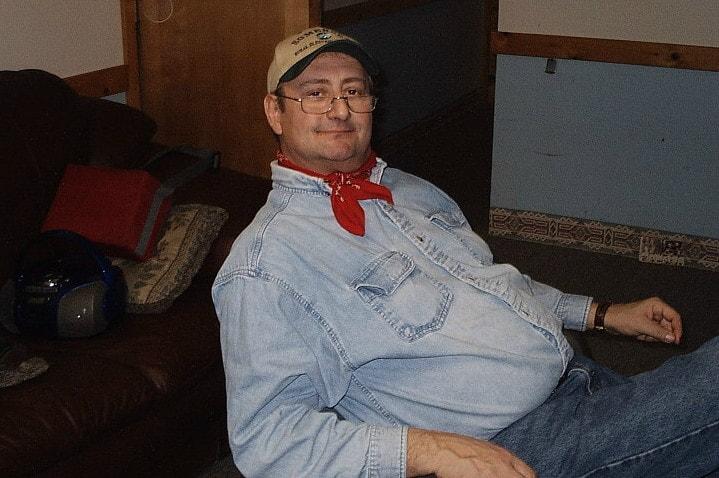WQZS Owner Asks for Dismissal of Competitor Objection
June 12, 2023

Top: WQZS owner and founder Roger Wahl; Bottom: American Militia Association President Robert Kluver.
Attorneys for a Meyersdale-based radio station last week responded to a competing station’s Opposition to Application for Review.
WQZS, which recently received a reprieve of its license status after filing an Application for Review of the FCC Enforcement Bureau’s revocation order issued in April, said through its attorney in the June 7th response that the American Militia Association’s (AMA) claims are baseless.
“AMA is an organization that previously was denied intervention of this proceeding, after a finding was made that it had no useful, first-hand information to provide,” argued Washington attorney Dan J. Alpert. “Although AMA makes numerous assertions of alleged “fact,” not a single allegation is backed up by affidavits or declarations under penalty of perjury. Moreover, the Opposition is in blatant violation of Section 1.115(f) of the Commission’s Rules, insofar as its length exceed the Commission 25-page limitation, which itself warrants rejection of the Opposition.”
American Militia Association (AMA) is the license of non-commercial licensed station WHYU, also licensed to Meyersdale and led by the organization’s president, Robert G. Kluver. AMA has alleged in previous filings that WQZS owner and founder Roger Wahl does not have the requisite character to hold an FCC license.
Wahl agreed to a negotiated plea with prosecutors that left him guilty of a single felony charge from accusations that first came to light against him in 2019. Wahl was accused of planting a trail camera in a female acquaintance’s home and then creating a fake online dating profile that solicited responding men to commit acts of rape against the woman.
Alpert argued that a felony charge isn’t an automatic disqualification to holding a radio station license.
“While evidence of a conviction for misconduct constituting a felony is relevant to the evaluation of a licensee’s character, and the crimes of which Mr. Wahl was found guilty admittedly were not trivial, the 1990 Character Policy Statement is clear that not every felony is disqualifying,” wrote Alpert. “As the Court of Appeals has stated, it should be noted that the FCC’s policy is not automatically to disqualify a license
holder or applicant who commits a felony, but rather to consider the felony as a relevant factor in evaluating propensity to obey the law.”
Alpert cited a 1991 ruling where a licensee with a manslaughter conviction was found qualified to hold a license, as a legal precedent.
“While the misdeeds of a licensee may indeed be relevant in gauging that person’s ability to serve the public interest as an FCC licensee, in this particular case and under these particular circumstances, the evidence presented will not be found to satisfy the burden of proof necessary for the draconian step of outright revocation of the license,” wrote Alpert. “Under these particular circumstances, it is respectfully requested that the Commission show the degree of leniency necessary for Roger Wahl to present his case for retention of his license.”


Unreal. Thanks for the reporting.